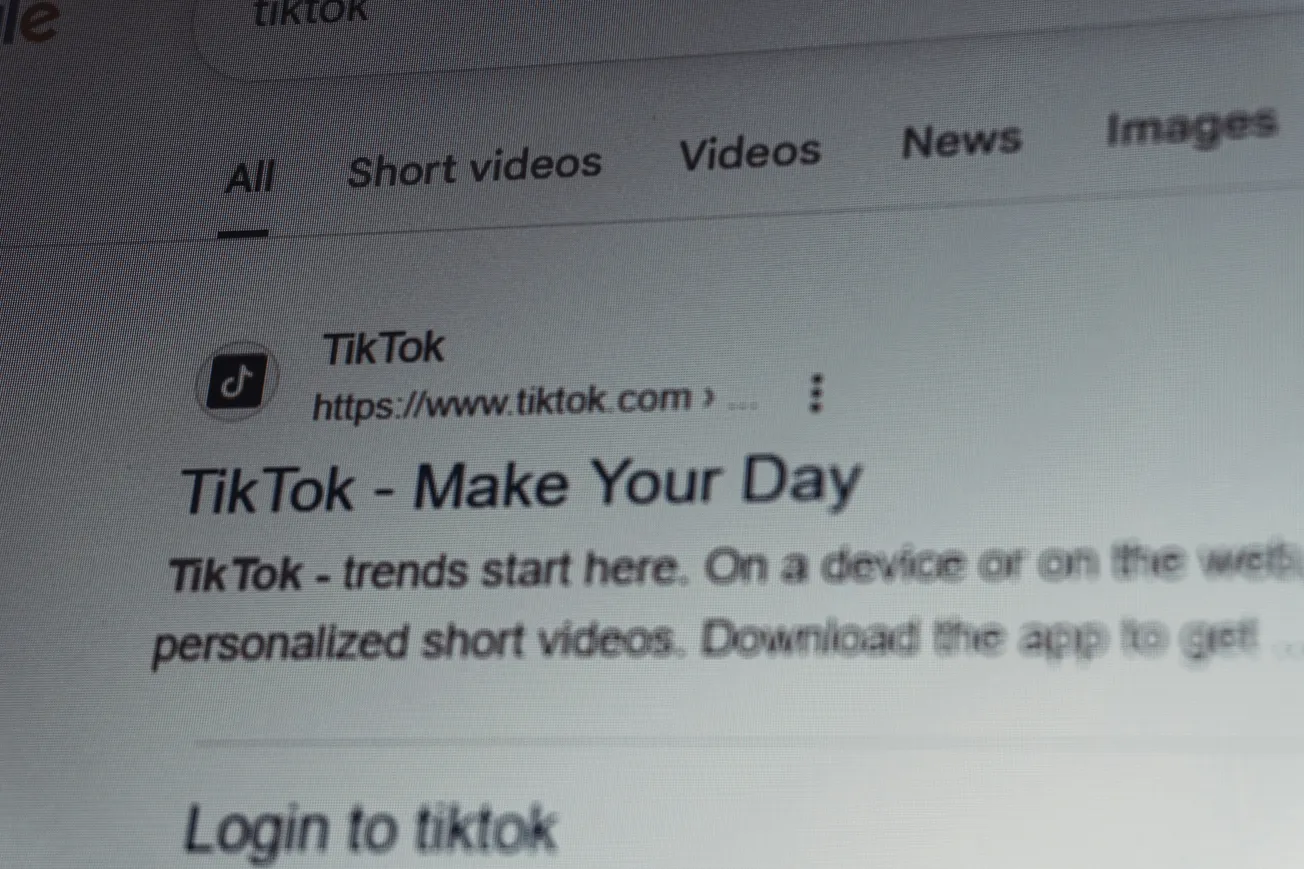Artificial intelligence (AI) is rapidly being integrated into various facets of businesses, transcending traditional boundaries to enhance efficiency, customer engagement, and operations.
From automotive companies developing conversational cars to financial institutions that optimize real-time transactions, the scope of AI applications is expansive and evolving.
Notably, as organizations continuously challenge themselves to innovate, generative AI stands out as a transformative force, reshaping interactions and workflows.
Automotive & Logistics
1. Mercedes Benz: By integrating Google’s AI technologies into its MBUX Virtual Assistant, Mercedes Benz has created a system enabling natural conversations with drivers. This system not only addresses navigation queries but also personalizes driver interactions, enhancing the overall driving experience.
2. Continental: Collaborating with Google Cloud, Continental has infused AI into its automotive systems, developing Smart Cockpit HPC that leverages conversational AI for in-vehicle commands, thus improving user experience significantly.
Financial Services
1. Banco Macro: Argentina's leading private bank utilizes Vertex AI and Gemini to power its conversational AI assistants. This implementation accelerated data processing times, allowing for enhanced customer service and interaction across business domains.
2. Discover Financial: Creating the Discover Virtual Assistant, the company utilizes generative AI to assist customers directly, translating into smoother customer experiences and more efficient agent workflows.
Healthcare & Life Sciences
1. Manipal Hospitals: Leveraging Vertex AI, the hospital network is advancing its ePharmacy applications to streamline patient access to medication, cutting order processing time significantly and enhancing accuracy rates.
2. Freenome: This biotech company combines AI-driven insights with diagnostic tests for cancer detection, providing actionable insights to improve treatment outcomes and patient care timelines.
Retail
1. Best Buy: By creating an AI Gift Finder tool, the retailer has personalized shopping experiences. This automation not only simplifies customer interactions but also bridges gaps in in-store and online experiences.
2. Carrefour: Their AI Sommelier, powered by Google’s models, assists customers in selecting wines based on personal preferences, showcasing the blend of technology and customer service in modern retail.
Creative Industries
1. Spotify: With custom AI models, Spotify analyzes user interactions to deliver personalized content. This feature enhances customer satisfaction and engagement, showcasing the importance of data-driven content delivery in the music industry.
2. Canva: Integrating Google’s generative AI capabilities enables users to create high-quality designs quickly, democratizing design tools and increasing accessibility for creators worldwide.
Conclusion
The examples highlighted showcase how AI is not only a technological advancement but also a core facilitator of innovation in many industries. Companies are embracing generative AI to streamline operations, enhance customer satisfaction, and foster engagement, paving the way for a more intelligent future.
As generative AI continues to evolve, organizations that are early adopters stand to gain a competitive edge, harnessing the power of AI to create value that extends beyond mere productivity improvements.
For more detailed insights on using AI and specific implementations in your organization, you can explore this comprehensive article on Google Cloud.










